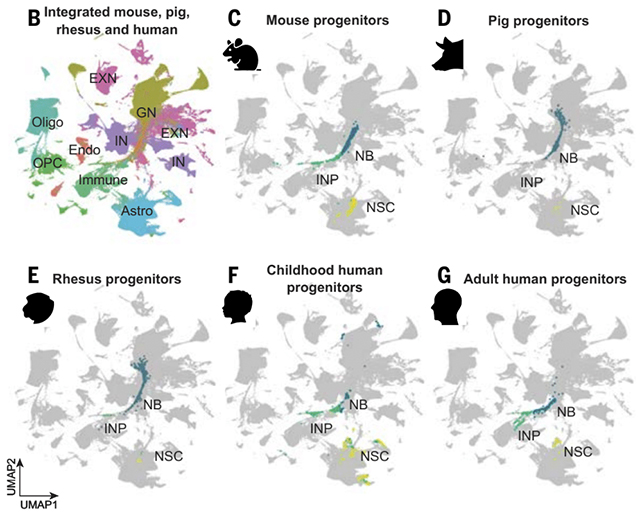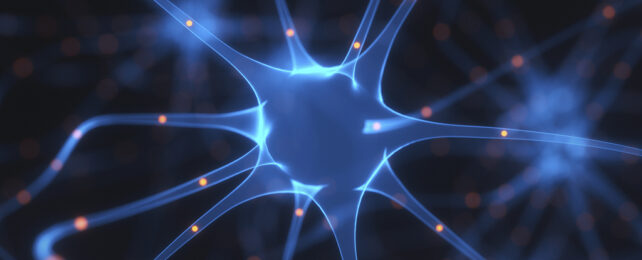Though it's now clear humans continue to grow new brain cells throughout their entire lives, debate persists over whether this applies to specific areas involved with memory.
Previous studies have made the case for and against the existence of neurogenesis in hippocampus beyond childhood. A new study now offers some of the clearest evidence yet that this crucial memory-forming region does form fresh neurons well into adulthood.
The study is the work of researchers from the Karolinska Institute and the Chalmers University of Technology in Sweden, and looks specifically at the dentate gyrus section of the hippocampus, the part of the brain that acts as a key control center for emotions, learning, and storing episodic memories.
Related: New Study Identifies Unexpected Part of Your Brain That's Uniquely Human
"This gives us an important piece of the puzzle in understanding how the human brain works and changes during life," says molecular biologist Jonas Frisén.
Confirmation that humans can form new neurons in the hippocampus through life (as several other animals can) would inform a whole host of other scientific investigations, from how adults learn new skills to what happens to the brain as it deteriorates in old age.
The team used RNA analysis to identify functions of brain cells in samples collected from people up to age 78, finding that some neurons were geared to function as neural progenitor cells (NPCs), which generate new nerve cells. The researchers also found similarities between human NPCs and those in mice, pigs, and monkeys.

Through a process of machine learning, the researchers could also group cells according to their development, from their initial 'blank slate' stem cell characterization to being an immature neuron in the process of dividing.
The results address questions raised by earlier studies (including one from some of the same researchers), which determined that new neurons were present in the human brain without being able to confirm exactly how they'd got there.
"We have now been able to identify these cells of origin, which confirms that there is an ongoing formation of neurons in the hippocampus of the adult brain," says Frisén.
By studying such a wide range of ages, the researchers confirmed neurogenesis keeps happening in the hippocampus throughout our adult lives – albeit at a slower rate, generally speaking, as we get older.
It's also important to note that the analysis revealed different rates of neurogenesis in different people. That might point to differences in brain plasticity that affect learning, personality, and disease risk, but that's something that future studies will need to look at.
One hypothesis is that certain brain conditions might be affected by how quickly fresh new neurons can be produced – some of the subjects in this study had a history of psychiatric or neurological diseases – but again this wasn't something that the researchers looked at directly, so follow-up studies will be needed.
"Our research may also have implications for the development of regenerative treatments that stimulate neurogenesis in neurodegenerative and psychiatric disorders," says Frisén.
The research has been published in Science.
